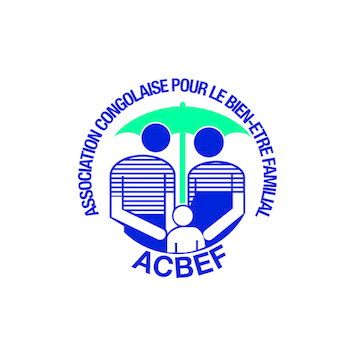

| 31 March 2016
Family Planning Association of India
Established in 1949, the Family Planning Association of India (FPAI) is a founding member of IPPF. Its work in sexual and reproductive health (SRH) covers safe motherhood and child survival, empowerment of women, male involvement, adolescent health and youth development. FPAI works closely with non-governmental organizations (NGOs) and the government. It runs 39 permanent clinics, 101 mobile facilities, and has a network of nearly 2,700 community-based distributors /services (CBDs/CBSs). It works with 563 private practitioners and 196 other agencies. In addition, FPAI operates 3 infertility clinics, a contraceptive retail sales programme, and a condom dispensing service. In total, FPAI operates over 4,000 service points. A community-centred approach is at the core of FPAI's work. Our programmes are designed to deliver improved health and standards of living, better decision-making, and greater self-reliance. It aims to enable men and women to form local voluntary groups to initiate action in communities. Work primarily focuses on under-served rural areas and urban slums. The organization exploits a variety of media to impart its message, including film, radio, newsletters, journals and other print materials, as part of a wide-ranging education programme addressing topics such as family planning, maternal and child health, the risks of unsafe abortion, infertility, the prevention of sexually transmitted infections (STIs) and counselling for newlyweds. FPAI encourages the empowerment of women through mahila mandals (women's groups), balwadis (nursery schools), and literacy and income generation programmes. It’s been addressing the concerns of young people in a holistic manner through 30 Sexuality Education, Counselling, Research, Training/Therapy (SECRT) Centres spread acrosss the country. The centres offer youth-friendly services that prepare young people for their future by building the confidence and self-esteem essential to forging healthy relationships. They also offer counselling and information on various developmental issues, including sex, coping with preer pressure, relationships, responsible sexual behaviour, marriage, parenthood, contraception and the prevention of STIs including HIV and AIDS. As an advocate, FPAI exerts influence through community representatives, through the media, and through representation on government bodies such as the Central Health and Welfare Council and Steering Committee on Population Education. Contacts Website: http://fpaindia.org/ Facebook: https://www.facebook.com/FPAI.national

| 31 March 2016
Association Congolaise pour le Bien-Etre Familial
The Association Congolaise pour le Bien-Etre Familial (ACBEF) opened its doors for the first time in 1987. Then it was a small operation dedicated to attending to the sexual and reproductive health (SRH) needs of the urban poor. 25 years later, ACBEF reaches out to the whole country through a network of over 100 community-based distributors (CBDs) backed by static clinics and permanent staff. In addition, ACBEF relies on over 1,000 volunteers, including fully-trained peer educators and a Youth Action Movement. ACBEF provides a comprehensive range of services covering integrated family palnning, voluntary counselling and testing (VCT), prevention and management of HIV and AIDS, post-abortion care, antenatal and post-natal care, youth-friendly education and information projects, contraceptive and laboratory services. Stigma and taboos around HIV and AIDS are strong in Congo, and ACBEF is engaged in major re-education and sensitization on this front. ACBEF aims its work at a wide public, with particular emphasis on young people (aged 25 and under), internally displaced people, sex workers and women of child-bearing age. Work occurs in both rural and urban areas. With high visibility in the national media, ABCEF is making major inroads in SRH in a very difficult environment. ABCEF works in close partnership with the government’s ministries of Health, Foreign Affairs, and Gender, and with non-governmental organizations (NGOs) including Jeunesse Action Sida. ABCEF receives financial support from the European Union, UNFPA and the Congolese Government. Website: http://www.acbef.org/







